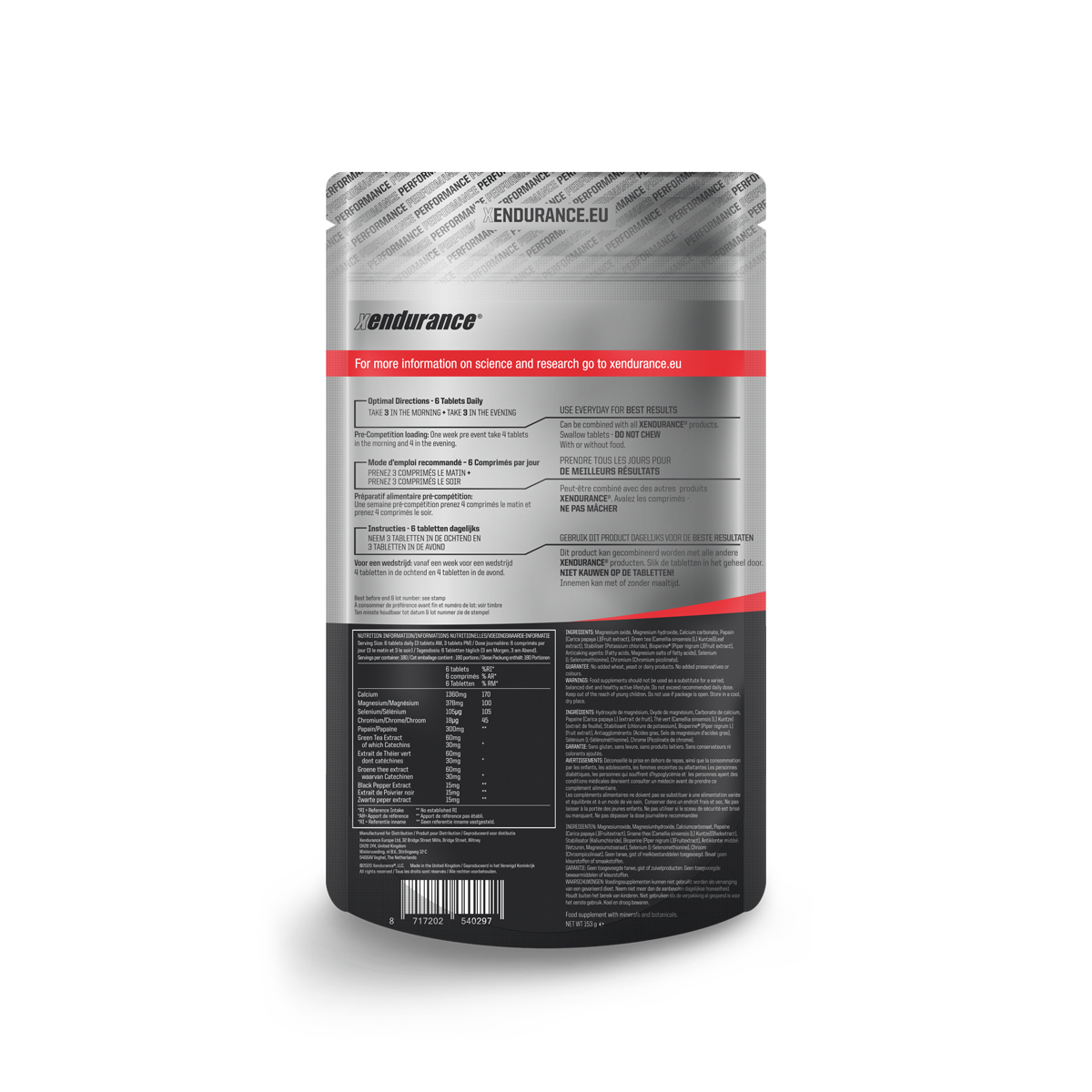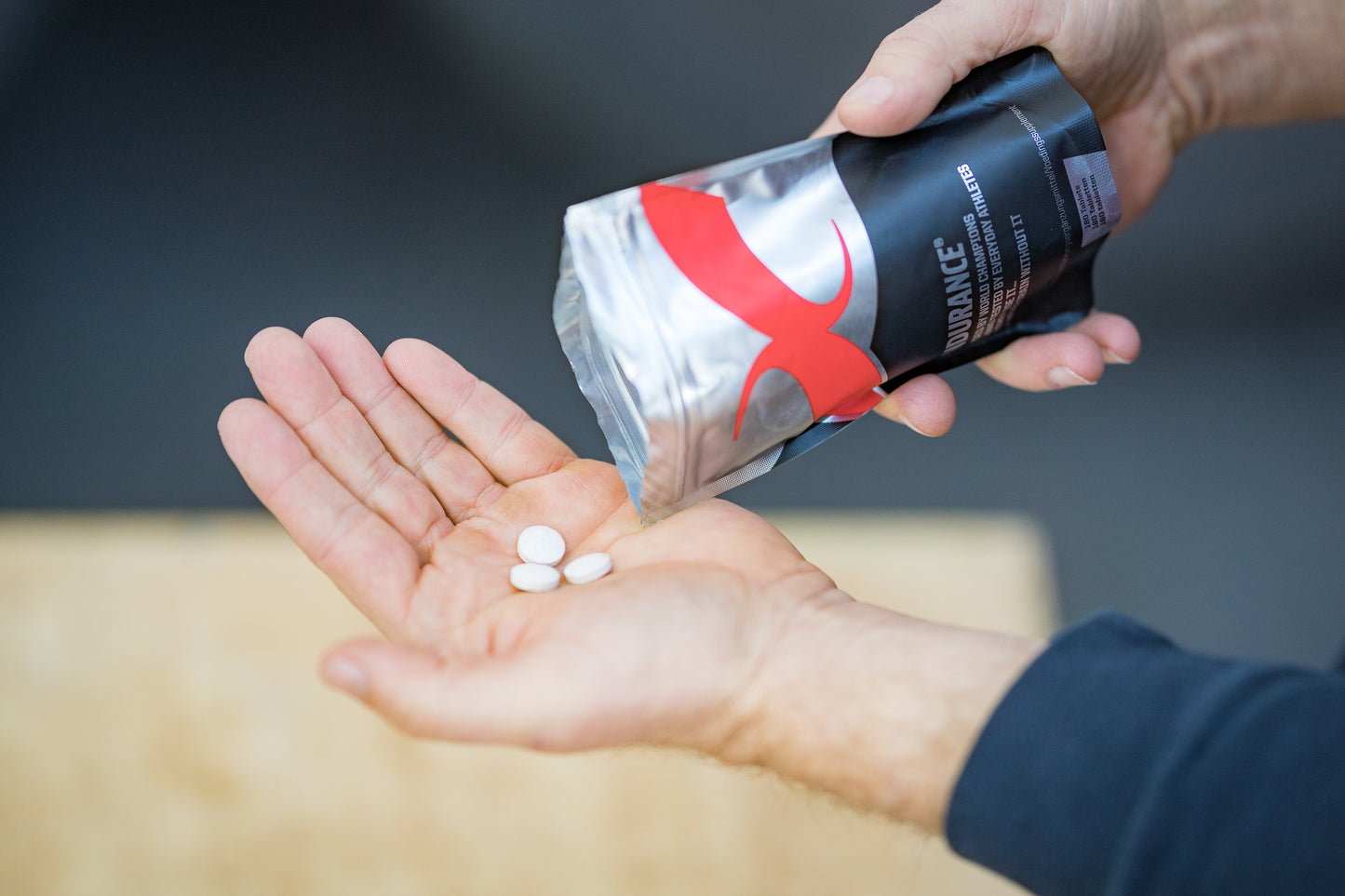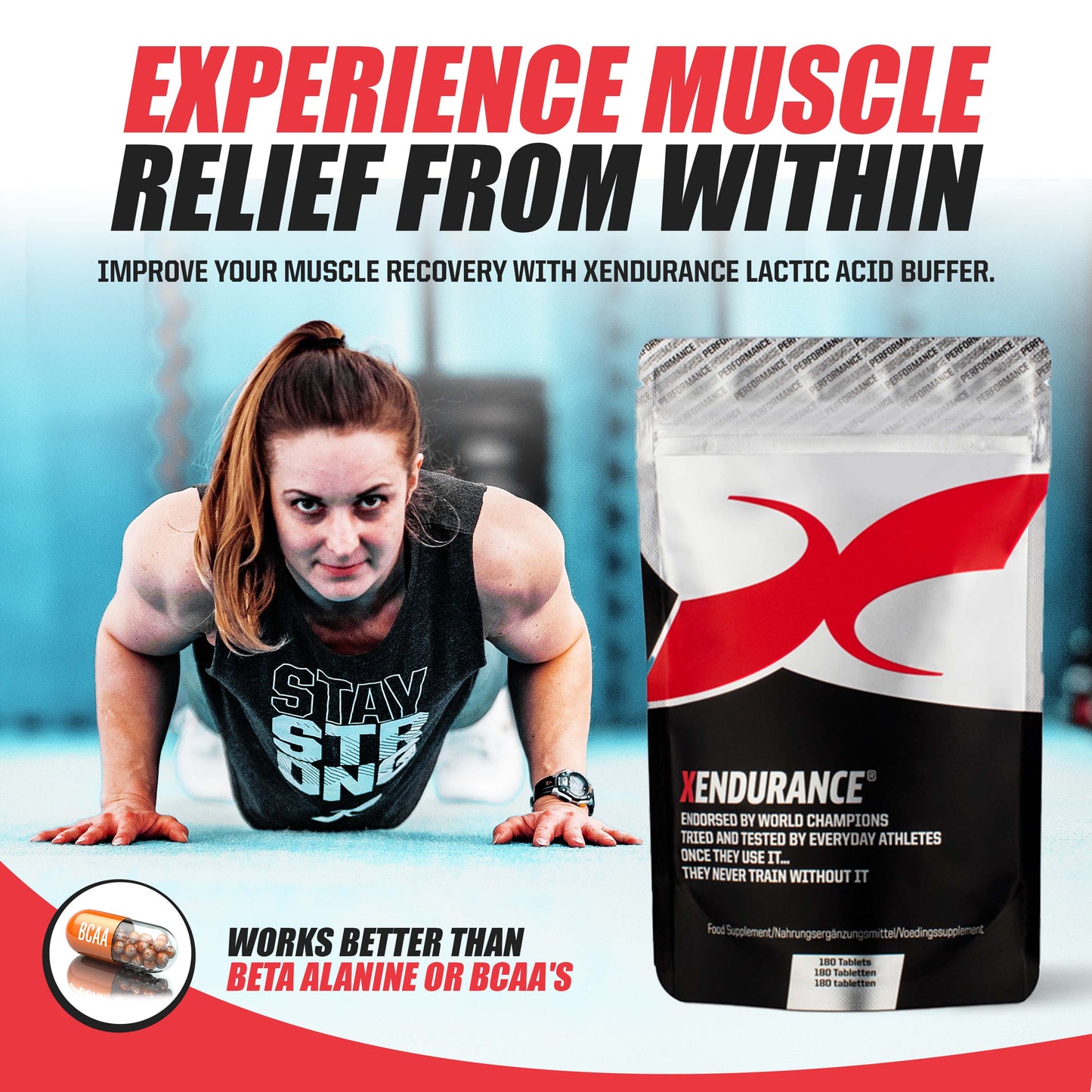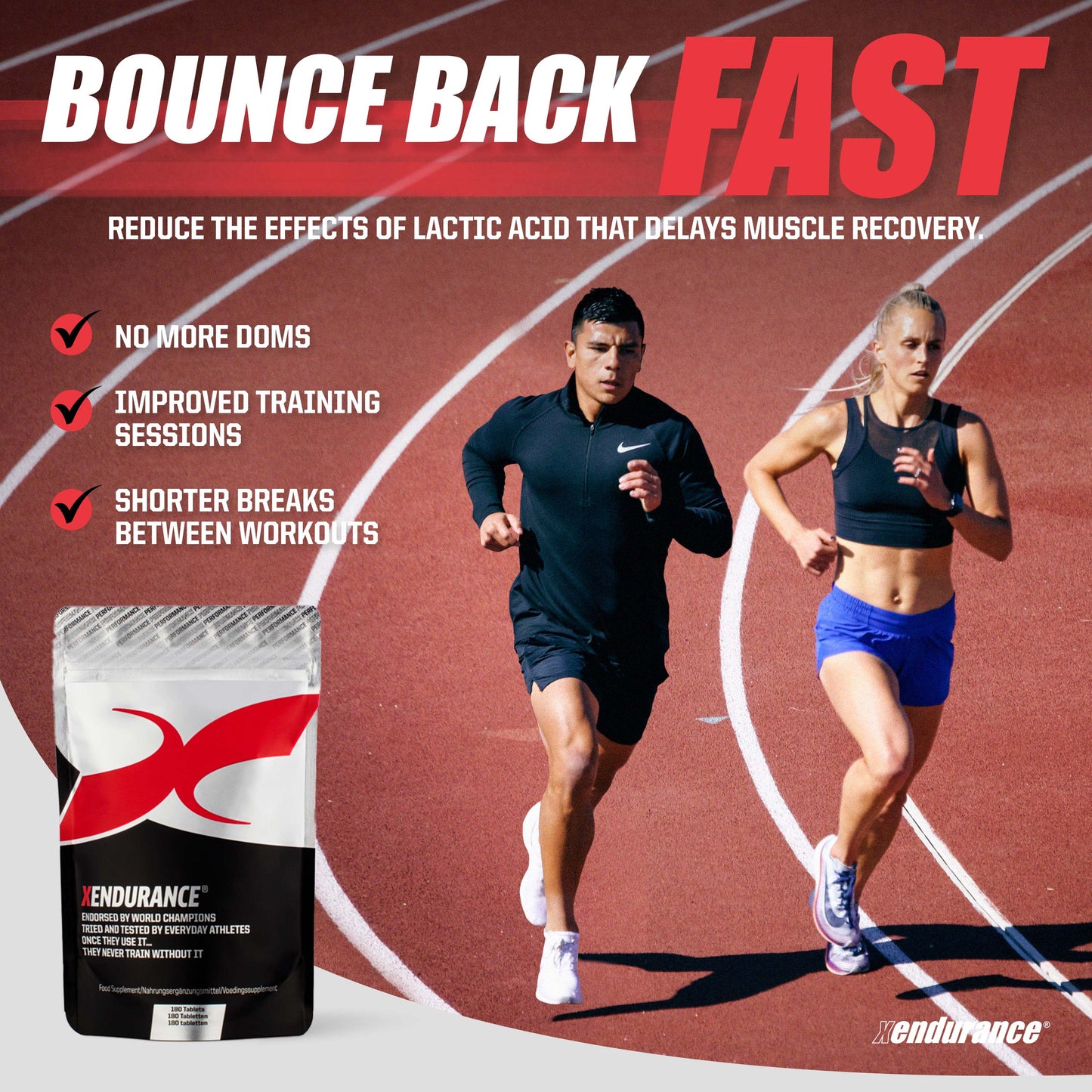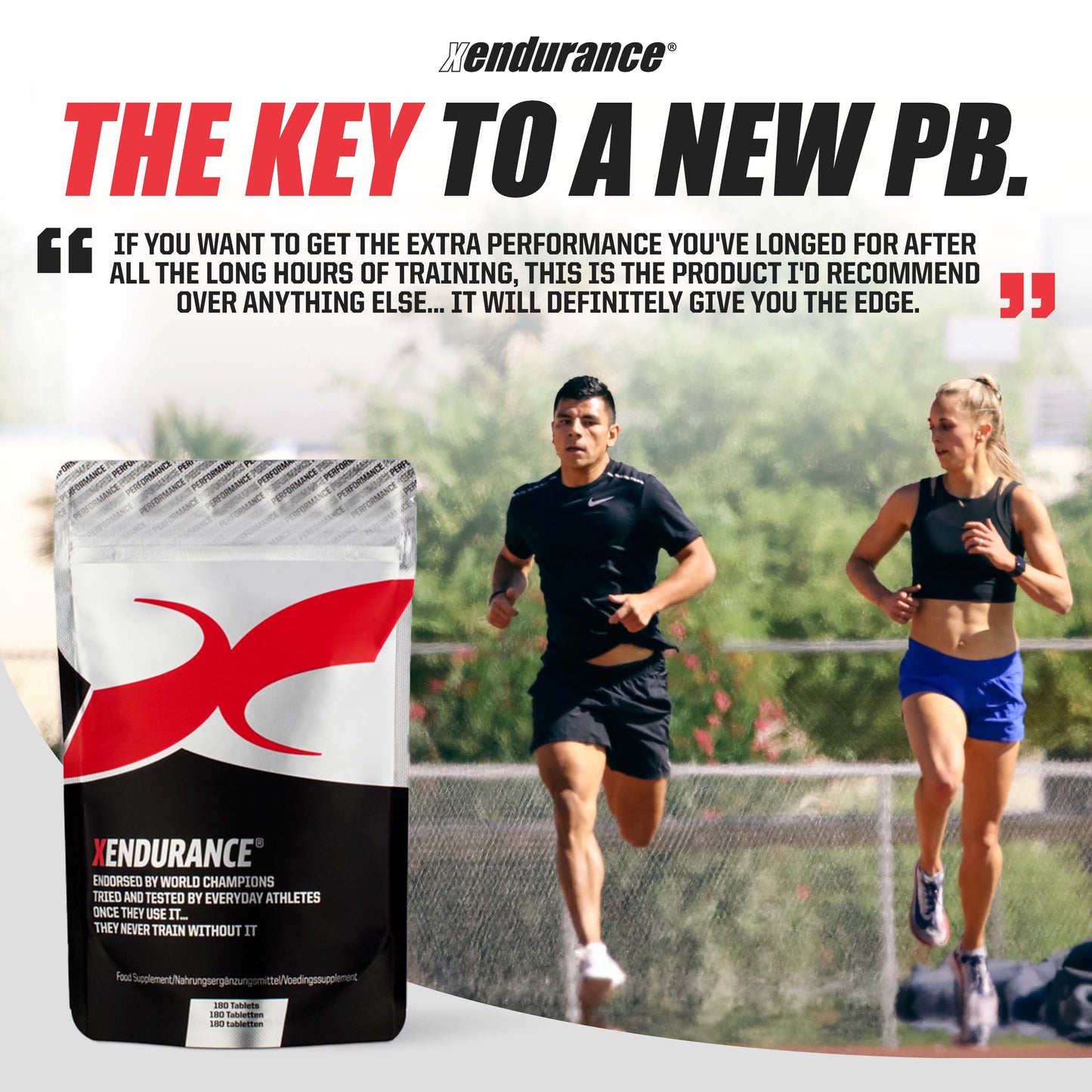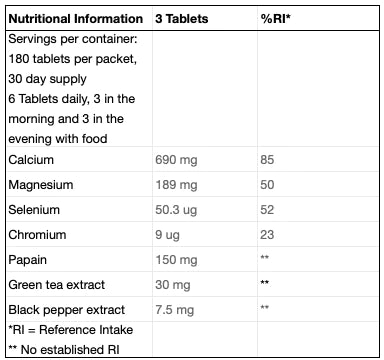Share
Why care about your sleep?
Sleep is essential for mental and physical function. Your body’s adaptation to exercise happens overnight. So improving the quality of your sleep can increase your freshness and adaptation to training.
How can you influence your sleep?
Your body manages it’s sleep wake cycle naturally through hormonal changes. Light is responsible for many hormonal changes, but temperature and mental stimulation also factor. Therefore, you can influence your sleep cycle through manipulating hormones, temperature and stimulation.
What can you do for improved sleep?
Some basic tips are one hour before sleep avoid high stimulation (bright, flashing lights, loud noises, vigorous activity).
Cooling your body can make you drowsy. This is possibly your body expects to get cooler as the sun sets and links this with sleep.
Caffeine is a well known to prevent sleep. On average Caffeine’s acts for 5 hours. Therefore avoid caffeine after midday to optimise sleep.
Cherries and Kiwis
Nutrition can be used to manipulate your hormones. Melatonin is a hormone which rises in response to darkness and makes you feels drowsy. Cherries and kiwis are naturally high in melatonin and have been used in clinical trials to improve sleep quality and duration.
The clinical trials used 2 Kiwis a day or purpose made concentrated cherry shots (equivalent to around 50 Cherries). These contained 3 – 10mg of melatonin and improved sleep duration and quality.
Vitamin D
Vitamin D has been shown to have a positive impact on sleep. Vitamin D has a direct effect on the brain, but also helps the body make melatonin. Below is a table showing the levels of vitamin D in the UK population. Below 50nmol/L is considered insufficient. Over half the population in the UK is below 50nmol/L.
Vitamin D blood levels in the UK population
|
Age |
% Below 25 nmol/L |
% Below 50 nmol/L |
|
19 - 64 |
23 |
61 |
|
65+ |
23 |
65 |
Recommendations are everybody in the UK should take a 10ug supplement of vitamin D through the winter. The main source of vitamin D is sunlight touching our skin and reacting with cholesterol to form vitamin D. If you are not exposed to sunlight (specifically UV light) your body is not making vitamin D. If you are not exposed to sunlight frequently through the summer due to being indoors you would likely benefit from supplementing year round.
Tryptophan
Tryptophan is an amino acid which is converted into the neurotransmitter serotonin. Serotonin can influence your sleep, mood and melatonin. Clinical research using 1g of Tryptophan has been shown to reduce waking through the night and improve sleep quality. 1/2 Pint of whole milk contains >1g Tryptophan.
Magnesium
Magnesium can affect Vitamin D production, which can affect melatonin production. A pattern has been noticed between people with poor dietary intake of magnesium and sleep quality. Good dietary sources of magnesium are: leafy green, beans, seeds and dark chocolate. Daily requirements of magnesium are 300mg for men and 270mg for women.
Practical recommendations to improve sleep
- Include leafy greens with your evening meal.
- Have 2 kiwi fruits as dessert or a purpose made shot of cherry juice.
- Drink a glass of whole milk before bed.
- Avoid bright lights and loud noises an hour before bed.
- Make sure your body is comfortably cool when going to sleep.
Written by: Sam Twine Qualified Sports Dietician, need a race nutrition plan or a diet plan to help you with weight loss? Contact Sam at samtwinesportsdietitian@gmail.com or check out his website here.
Sources
Bermon, S., Castell, L. M., Calder, P. C., Bishop, N. C., Blomstrand, E., Mooren, F. C., Krüger, K., Kavazis, A. N., Quindry, J. C., Senchina, D. S., Nieman, D. C., Gleeson, M., Pyne, D. B., Kitic, C. M., Close, G. L., Larson-Meyer, D. E., Marcos, A., Meydani, S. N., Wu, D., … Nagatomi, R. (2017). Consensus Statement Immunonutrition and Exercise. Exercise Immunology Review, 23, 8–50. http://www.ncbi.nlm.nih.gov/pubmed/28224969
Díaz-Jiménez, J., Sánchez-Sánchez, E., Ordoñez, F. J., Rosety, I., Díaz, A. J., Rosety-Rodriguez, M., Rosety, M. Á., & Brenes, F. (2021). Impact of Probiotics on the Performance of Endurance Athletes: A Systematic Review. International Journal of Environmental Research and Public Health, 18(21), 11576. https://doi.org/10.3390/ijerph182111576
Walsh, N. P. (2018). Recommendations to maintain immune health in athletes. European Journal of Sport Science, 18(6), 820–831. https://doi.org/10.1080/17461391.2018.1449895




